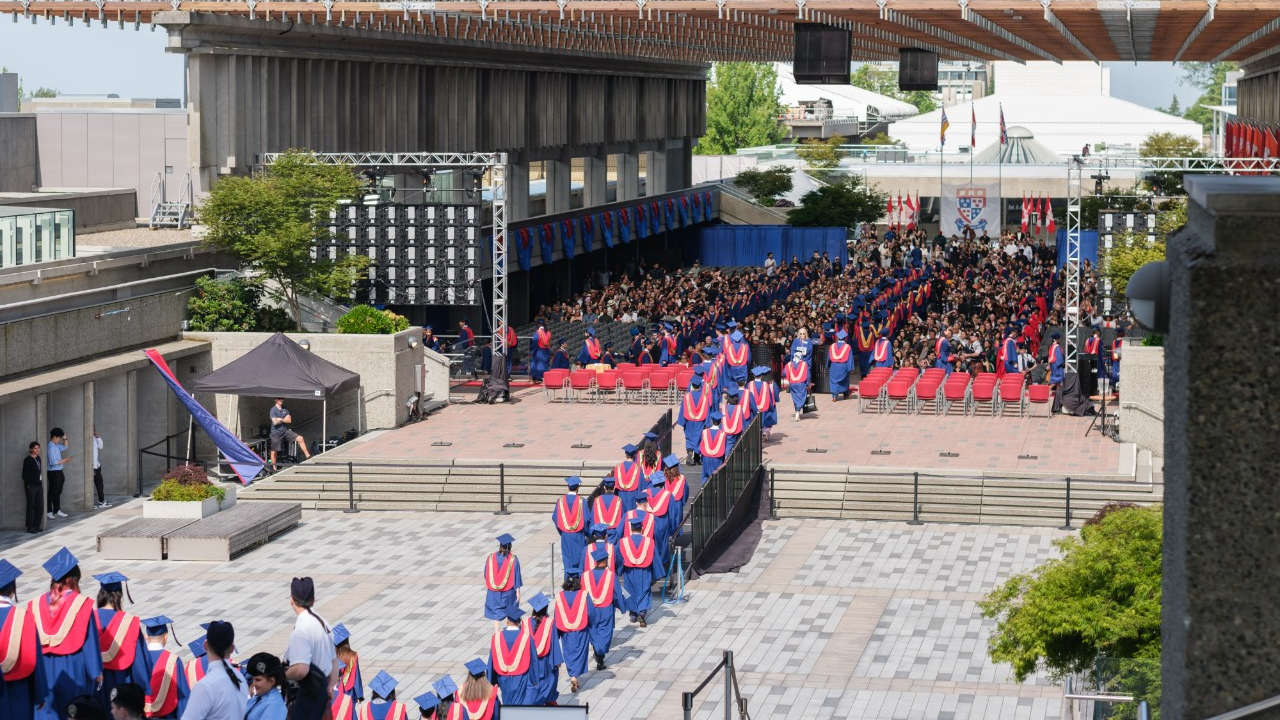School of Engineering Science
Welcome to the School of Engineering Science
We craft future engineering professionals, leaders, thinkers, and perpetual learners who navigate beyond boundaries and create innovative solutions to societal challenges.
Upcoming Events:
Why Choose Engineering Science at SFU?
#1
Innovative University in Canada*
#1
CANADIAN COMPREHENSIVE UNIVERSITY†
97%
graduates secure an employment‡
$80,250
median salary§
*World University Rankings for Innovation, 2024
†Maclean's University Rankings, 2025
‡§BC Baccalaureate Graduates Survey 2024
Explore our programs
"SFU provides an ample amount of engineering and computing science courses and opportunities that, if you look out for and take seriously, will certainly teach you how to be an effective engineer. For me, the capstone course was a vital opportunity that taught me both technical management and hands on experience, which I eventually applied to real-world settings (like my time at the Canadian Space Agency)... My exchange at the National University of Singapore was unforgettable, and I still talk and travel with the people I have met there."
Boris Perdija
BASc Graduate in Computer Engineering , Class of 2025
Research Excellence
SFU engineering science professor Ivan Bajic envisions a future of "symbiotic processing," when people will implant technology into their bodies and brains, transforming themselves into real life cyborgs.
Drs. Ryan D’Arcy, Carolyn Sparrey and Maryam Sadeghi describe how research at SFU, from concussions and skin cancer analysis to preventing falls and spinal injuries, is streaming from the campus to the community.






